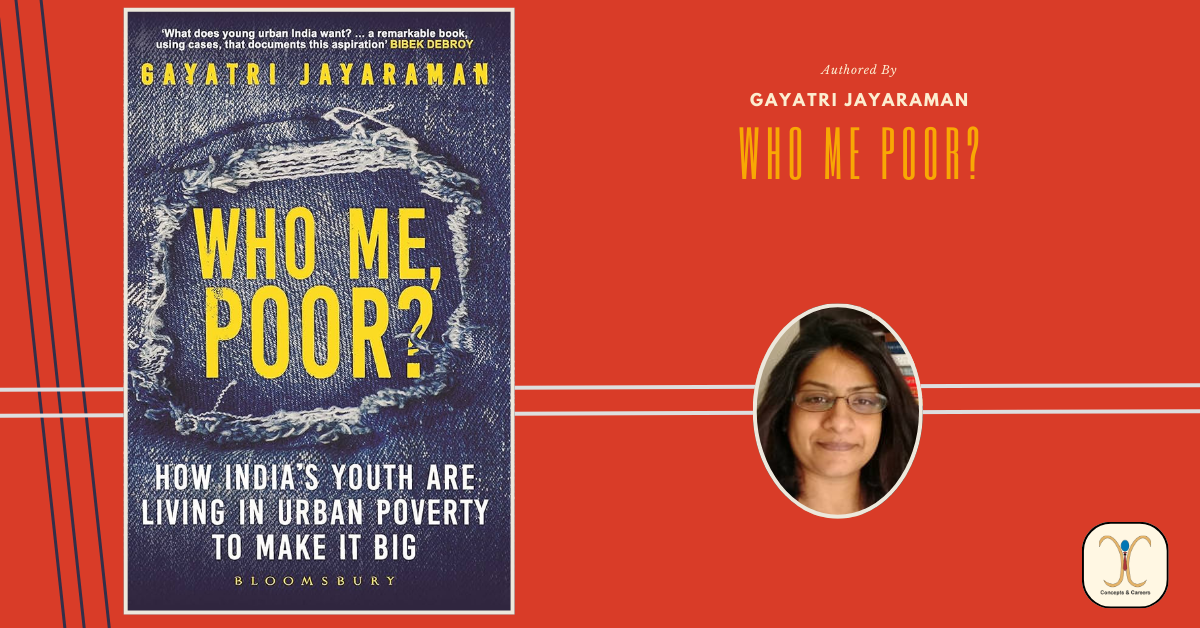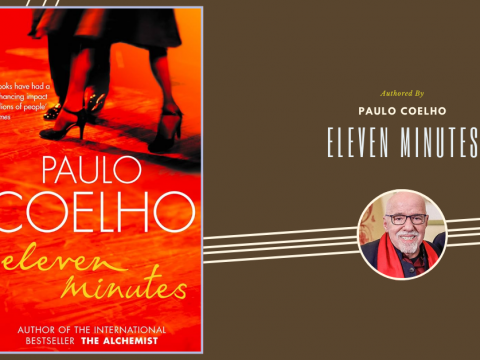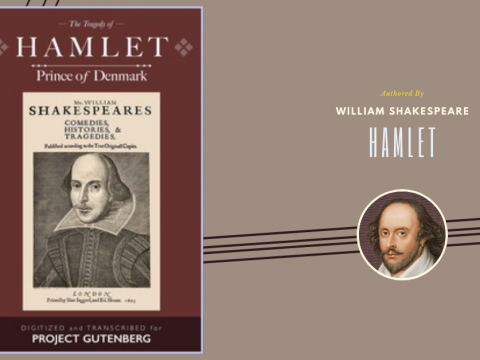- Have any questions?
- [email protected]
Redefining Poverty: A Critical Analysis of “Who Me, Poor?” by Gayatri Jayaraman

Navigating the Tech Job Market in 2025: Insights from a Tech Lead
January 21, 2025
Zolostays: Pioneering Co-Living Spaces in India
January 24, 2025“Who Me, Poor?” by Gayatri Jayaraman is a poignant exploration of the complexities of poverty and the stereotypes associated with it in modern India. In this comprehensive analysis, we will delve into the key themes, narratives, and insights presented in Jayaraman’s book, shedding light on the realities of poverty and challenging prevailing misconceptions.
1. Challenging Stereotypes:
Jayaraman confronts the stereotypes and stigmas surrounding poverty, challenging the notion that poverty is solely a result of laziness or personal failure. Through personal anecdotes, interviews, and research, she highlights the diverse and often hidden faces of poverty in India, revealing the systemic factors and societal barriers that perpetuate inequality and deprivation.
2. Intersectionality of Poverty:
Central to “Who Me, Poor?” is the recognition of the intersectionality of poverty – how factors such as gender, caste, class, and geography intersect to exacerbate vulnerability and marginalization. Jayaraman explores the experiences of women, Dalits, Adivasis, and other marginalized groups living in poverty, shedding light on the unique challenges they face and the resilience they demonstrate in the face of adversity.
3. Structural Inequality and Privilege:
Jayaraman examines the role of structural inequality and privilege in perpetuating poverty and widening the gap between the rich and the poor. She critiques the unequal distribution of resources, opportunities, and power in Indian society, and calls for systemic reforms to address the root causes of poverty and ensure equitable access to education, healthcare, and employment opportunities for all.
4. Narratives of Resilience and Agency:
Despite the hardships they face, Jayaraman highlights the resilience, ingenuity, and agency of individuals living in poverty. Through their stories, she illustrates how people navigate and resist oppressive structures, find creative ways to make ends meet, and build solidarity and community networks to support one another. Jayaraman emphasizes the importance of amplifying these narratives of strength and resistance to challenge dominant discourses on poverty.
5. Dismantling the Culture of Shame:
“Who Me, Poor?” encourages readers to rethink their perceptions of poverty and move beyond the culture of shame and blame that often surrounds it. Jayaraman calls for greater empathy, compassion, and solidarity towards those living in poverty, and urges society to recognize and address the structural barriers that perpetuate inequality and deprivation.
6. Towards Empowerment and Social Justice:
In the final chapters of her book, Jayaraman advocates for a more inclusive and equitable society where all individuals have the opportunity to thrive and fulfill their potential. She calls on policymakers, activists, and citizens to work together to dismantle oppressive structures, amplify marginalized voices, and create pathways for economic and social justice for all.
“Who Me, Poor?” by Gayatri Jayaraman is a powerful and illuminating exploration of poverty in modern India, challenging stereotypes, highlighting the complexities of lived experiences, and advocating for social change and justice. Through her compassionate storytelling and incisive analysis, Jayaraman invites readers to confront their own biases and misconceptions, and to join the fight against poverty and inequality.





